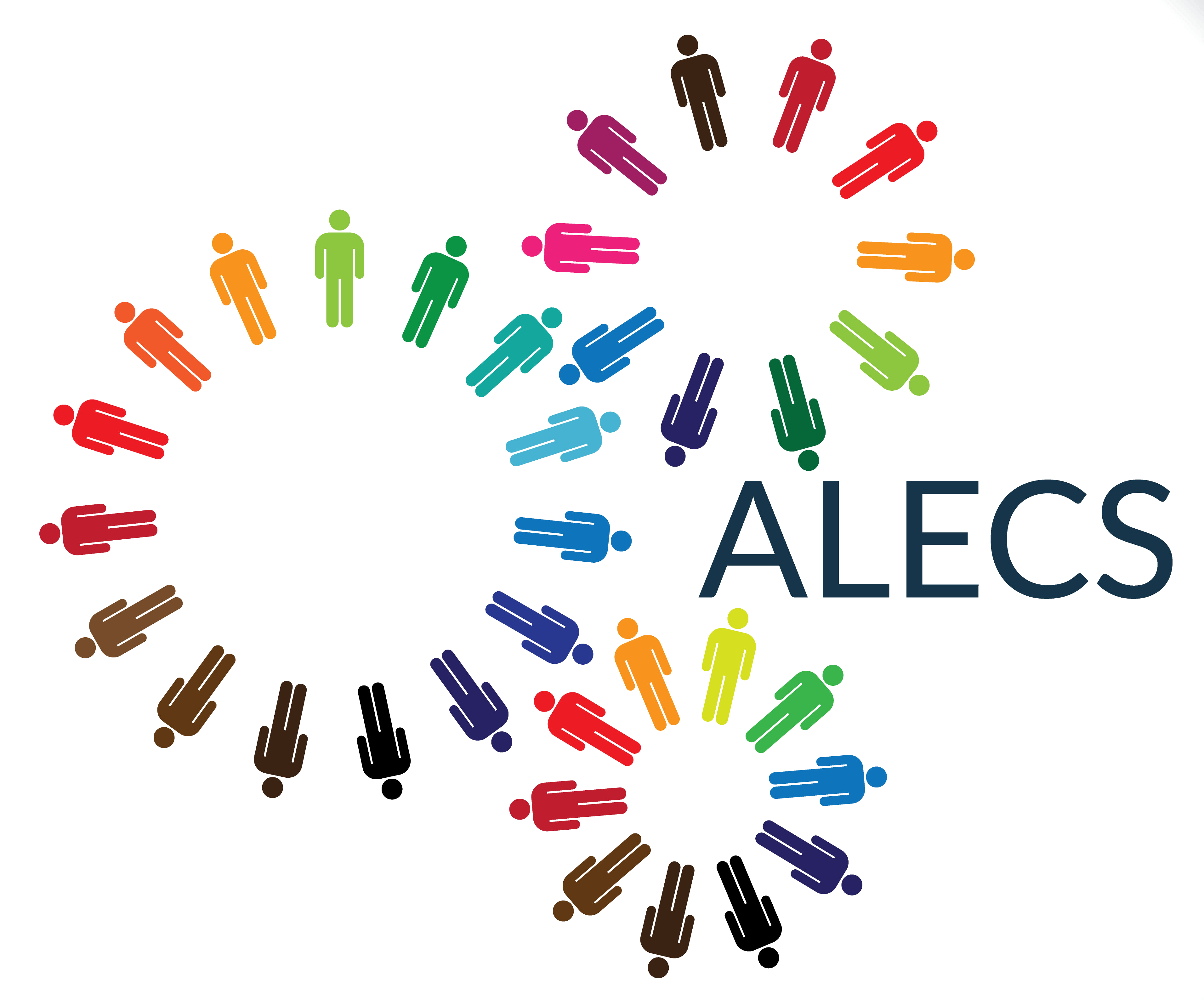Selection Process
Stages
The selection process stages are summarised below.
Stage 1: General eligibility check
All applications will be checked for completeness and eligibility.
Once all checks are performed, applicants will receive feedback on whether their application is progressing to the next stages:
- Eligible applications who indicated ethical issues will proceed to stage 2.
- Eligible applications that did not indicate ethical issues will proceed straight to stage 3.
- Where an application is found to be ineligible, the candidate will receive an explanation for its ineligibility.
Stage 2: Ethics check
All candidates must indicate whether or not there are ethical issues associated with their proposed research in “Part A – Administrative information” document. Where ethical issues are flagged, the candidate is also required to submit a completed “Part D – Ethics Self-Assessment” document.
The Programme Ethical Review Committee (PERC) will review all eligible proposals for which ethical issues are flagged, assessing whether such issues apply and whether they have been adequately addressed by the applicant.
Applicants will receive feedback on whether their application is progressing to the next stage:
- PERC may declare the proposal ineligible, eligible as presented or may request additional information and/or request clarification from candidates and then make a decision.
- Only proposals with ethical clearance from PERC will proceed to stage 3.
- Where a proposal is found to be ineligible, the candidate will receive an explanation for its ineligibility.
Stage 3: International peer review
A standard evaluation criteria and scoring system will be employed by all reviewers. Such criteria and scoring system will be discussed with all reviewers prior to the commencement of the review process with a view of ensuring a standardised assessment across all proposals. For details on evaluation criteria/scoring system, click here.
Your research project proposal and your CV will be made available to the reviewers. In order to facilitate an appropriate evaluation of your application, which is solely based on the proposal merits and on your capacity to perform the proposed research, it is important that you do not include personal details and/or provide indication of gender, nationality, age and other potential sources of bias on your research project proposal and CV. If included, such indicators may be removed from the relevant documentation prior to making it available to the reviewers.
Each application will be assessed by a panel of three independent reviewers, who must not be directly related to Lero or to the applicant, and whose expertise is in line with the proposal topic under evaluation.
Initially, each reviewer will score the proposal, assigned to him/her, independently of the other two assessing that particular application. They will each provide a score for each of the evaluation criterion as well as comments that underpin their score. Then, for each evaluation criterion, a mean average will be determined of the three scores.
In the case where there is significant discrepancy between the lowest and highest score (or where the final score is close to the funding threshold), the reviewers will revisit the score and attempt to reach consensus. If no consensus can be reached, a 4th reviewer may be allocated.
Stage 4: Ranking of applications
The corresponding weighting will be applied to the scores provided to the evaluation criteria. The weighted scores for each criterion will be added producing a final weighted score for the international peer review stage. Click here for details.
The final weighted score will be used to rank the applications. In cases where applications have exactly the same score, they will be ranked following the priority outlined here.
Candidates scoring above the 3.5 threshold will be invited for an interview.
All applicants, regardless of whether or not they are progressing to stage 5, will receive feedback which will include their final score and comments from reviewers.
Stage 5: Interviews
Each interview will last up to 60 minutes. Candidates will be asked to give a 10 minute presentation on his/her research proposal.
Applicants may be interviewed on any aspect relating to Excellence, Impact or Implementation of their research. The interview panel will also assess the match between the applicant, the research project and the academic supervisor/host university.
At the end of each interview, the panel will agree on a consensus score for the application. The corresponding weighting will be applied to the scores provided to each evaluation criterion. The weighted scores for each criterion will be added producing a final weighted score for the interview stage. A threshold of 70% also applies to the interview stage.
Stage 6: Ranking of applications and final funding decision
The final mark for each application will be produced by adding the final weighted scores from the international peer review and interview stages – with equal weighting – leading to a final mark between 0 and 10.
The applications will be ranked taking into account the final mark and the prospective supervisor’s capacity to take in that applicant. In cases where applications have exactly the same score, the priority outlined here will be employed.
Only applications scoring above the 7.0 threshold will be considered for funding. A funding decision will be made taking into account the final mark for each application as well as the prospective academic supervisor capacity to take in that applicant.
All applicants will receive feedback which will include the final scores from the international peer review and interview panels and comments from each panel.
Upon a favourable funding decision, applicants will be offered an employment contract for the duration of their fellowship from their academic supervisor’s university. Remaining applicants scoring above the threshold will be placed on a waiting list.
 This project has received funding from the European Union’s Horizon 2020 research and innovation programme under the Marie Skłodowska-Curie grant agreement No. 754489.
This project has received funding from the European Union’s Horizon 2020 research and innovation programme under the Marie Skłodowska-Curie grant agreement No. 754489.
